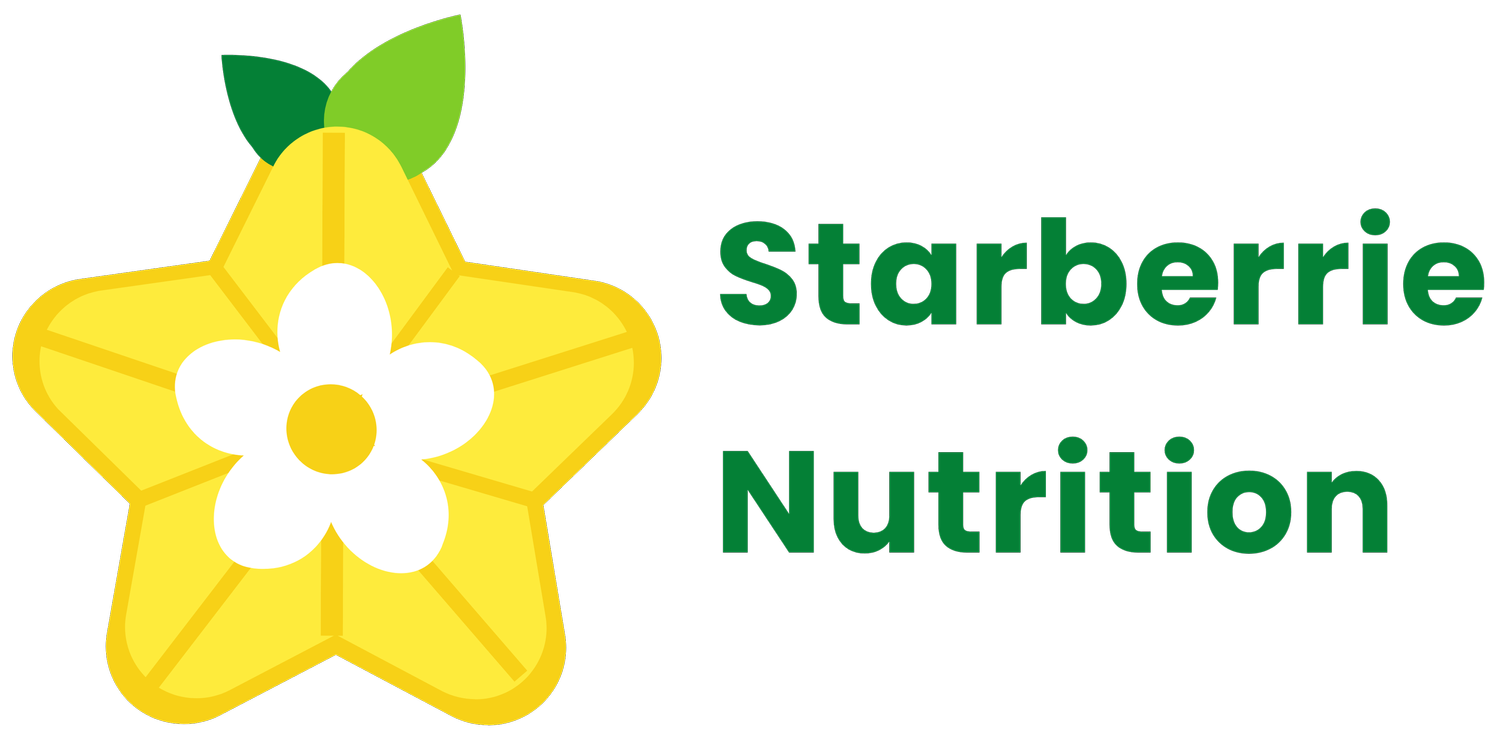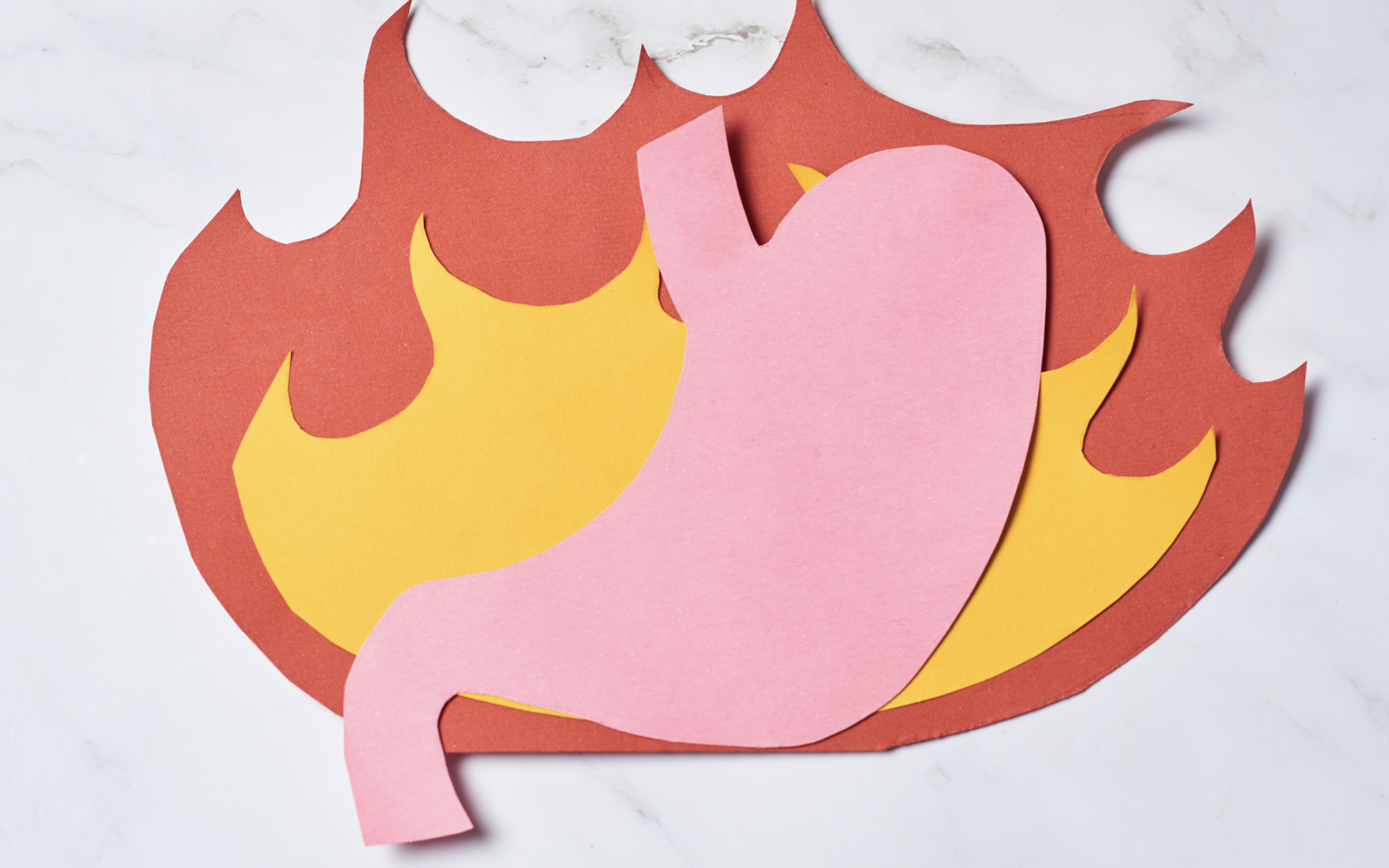GERD Unveiled: The Burning Truth About Acid Reflux
Are you frequently plagued by that uncomfortable burning sensation in your chest, or do you often experience regurgitation of stomach contents into your throat? If so, you may be familiar with gastroesophageal reflux disease (GERD).
What is GERD?
Gastroesophageal Reflux Disease is a chronic digestive disorder characterized by the backward flow of stomach acid into the esophagus. This condition can lead to a range of uncomfortable symptoms, affecting your quality of life.
What Causes GERD?
Weak Lower Esophageal Sphincter (LES): The LES is a ring of muscle at the bottom of the esophagus that acts as a valve. When it weakens or relaxes abnormally, it allows stomach acid to flow back into the esophagus.
Hiatal Hernia: A hiatal hernia occurs when the upper part of the stomach protrudes into the chest through a small opening in the diaphragm. This can contribute to GERD.
Diet and Lifestyle: Certain foods (e.g., fatty and spicy foods, citrus, caffeine, and alcohol), large meals, obesity, and smoking can exacerbate GERD symptoms.
Sitting or walking after a meal instead of lying down was negatively correlated with GERD
An interval of less than 3 hours between dinner and sleep was positively correlated with GERD.
Pregnancy: Hormonal changes and increased pressure on the abdomen during pregnancy can lead to GERD.
Medications: Some medications, such as those for asthma, calcium channel blockers, and antihistamines, can relax the LES and worsen symptoms.
Symptoms of GERD
GERD often manifests symptoms that can be disruptive and distressing. These include:
Heartburn: A burning sensation in the chest that often occurs after eating, especially when lying down or bending over.
Regurgitation: The sensation of stomach contents flowing back into the throat or mouth.
Dysphagia: Difficulty swallowing.
Chronic Cough: A persistent cough, often accompanied by a tickling or burning sensation in the throat.
Laryngitis: Inflammation of the voice box, leading to hoarseness or a sore throat.
Asthma: Some individuals may experience or exacerbate asthma symptoms due to GERD.
Conventional Medical Treatments:
Antacids: Over-the-counter antacids like Tums or prescription-strength versions can provide quick relief by neutralizing stomach acid.
Proton Pump Inhibitors (PPIs): Medications like omeprazole (Prilosec), esomeprazole (Nexium), and lansoprazole (Prevacid) reduce stomach acid production and can be effective for controlling GERD symptoms.
H2 Blockers: Histamine-2 (H2) receptor antagonists like ranitidine (Zantac) and famotidine (Pepcid) also reduce stomach acid production but are generally less potent than PPIs.
Prokinetics: These medications help the stomach empty more rapidly to reduce the likelihood of acid reflux.
Surgery: In severe cases or when medications are ineffective, surgical options like fundoplication may be considered to strengthen the lower esophageal sphincter (LES).
Nutrition:
Dietary Modifications:
Avoid trigger foods: Spicy, acidic, fatty, citrus foods, and caffeine can exacerbate GERD. Limit or avoid them. There is some research that observed tomatoes, onions, peppermint, and spearmint could also induce reflux.
Avoid Alcohol: Alcohol consumption may increase symptoms of GERD and cause damage to the esophageal mucosa.
Smaller meals: Eating smaller, more frequent meals can reduce pressure on the LES.
Mastication (chewing): In my experience, many patients with GERD eat rapidly and do not chew their food sufficiently. Most of these patients experience symptomatic improvement after they begin to chew more thoroughly. One possible explanation for that observation is that breaking food down into smaller particle sizes leads to better digestion, and better digested food is less likely to reflux. In addition, mastication stimulates saliva production.
Chewing sugarless gum can stimulate saliva production, which may help neutralize stomach acid.
Meal Timing: the timing of the meal/snack does not influence symptom severity, however, allowing ample time (ie 6hrs vs 2 hrs) to digest food before bed can reduce acid reflux.
Eat the Rainbow: Focusing on a diet rich in fruits, vegetables, and whole grains.
In fact, one study found that a vegetarian diet was negatively correlated with GERD. Protein and fat were positively correlated with GERD, and tea was positively related to GERD
Quantity & Quality of Meals: GERD is commonly considered to be triggered by consumption of a high-fat meal. However, it appears that any high-calorie meal can promote reflux, and that the association between high-fat meals and reflux is due in part to the fact that high-calorie meals are often high in fat.
Herbal Remedies:
Calcium carbonate: Calcium carbonate may relieve symptoms of esophageal reflux by neutralizing gastric acid. In addition, calcium promotes muscle tone and may therefore prevent esophageal reflux by enhancing the tone of the lower esophageal sphincter. Patients with heartburn who chewed 2 tablets of Tums EX (providing a total of 1,500 mg of calcium carbonate and 600 mg of elemental calcium) demonstrated significant increases in esophageal peristalsis and in the clearance of acid from the esophagus.
Aloe Vera: Aloe vera juice may have soothing properties for the esophagus.
Ginger: Ginger tea or supplements may help alleviate digestive discomfort.
Deglycyrrhizinated Licorice (DGL): DGL supplements may help protect the lining of the esophagus.
Melatonin: It has been demonstrated that melatonin led to decreased secretion of HCl (stomach acid), pepsin, and the stimulation of gastrin release, which could mitigate reflux by increasing the contractile activity of the LES
Marine alginate: Marine alginate is an extract of seaweed, which, as described above, is suggested to mitigate GERD symptoms due to its raft-forming mucilage properties
Lifestyle
Elevate the head while sleeping: Using a wedge pillow or raising the head of your bed can help prevent nighttime reflux.
Weight Management: Excess weight can contribute to GERD symptoms. Weight management through a balanced diet and regular exercise can be beneficial.
Stress Reduction: Chronic stress can worsen GERD. Practice stress-reduction techniques such as mindfulness, yoga, or meditation.
Quit Smoking: Smoking weakens the LES and can worsen GERD symptoms. Quitting smoking is essential
Avoid Tight Clothing: Tight belts and waistbands can increase abdominal pressure, contributing to reflux.
Acupuncture and acupressure: Some individuals find relief from GERD symptoms through acupuncture or acupressure sessions.
Remember that GERD management is highly individualized, and what works for one person may not work for another. It's crucial to consult with a healthcare provider to determine the most suitable treatment plan for your specific needs. Additionally, holistic approaches should complement, not replace, conventional medical treatments, especially in cases of severe or chronic GERD. Always seek professional guidance when making significant changes to your treatment plan.
In conclusion, GERD is more than just occasional heartburn; it's a chronic condition that can significantly impact your life. Understanding its causes, symptoms, and the latest research findings is the first step toward effective management.
-
Antunes C, Aleem A, Curtis SA. Gastroesophageal Reflux Disease. [Updated 2023 Jul 3]. In: StatPearls [Internet]. Treasure Island (FL): StatPearls Publishing; 2023 Jan-. Available from: https://www.ncbi.nlm.nih.gov/books/NBK441938/
Gaby, A. (2017). Nutritional Medicine (2nd Ed.). Fritz Perlberg Publishing.
Herdiana Y. (2023). Functional Food in Relation to Gastroesophageal Reflux Disease (GERD). Nutrients, 15(16), 3583. https://doi.org/10.3390/nu15163583
Nikkhah Bodagh, M., Maleki, I., & Hekmatdoost, A. (2018). Ginger in gastrointestinal disorders: A systematic review of clinical trials. Food science & nutrition, 7(1), 96–108. https://doi.org/10.1002/fsn3.807
Schulz, R. M., Ahuja, N. K., & Slavin, J. L. (2022). Effectiveness of Nutritional Ingredients on Upper Gastrointestinal Conditions and Symptoms: A Narrative Review. Nutrients, 14(3), 672. https://doi.org/10.3390/nu14030672
Zhang, M., Hou, Z. K., Huang, Z. B., Chen, X. L., & Liu, F. B. (2021). Dietary and Lifestyle Factors Related to Gastroesophageal Reflux Disease: A Systematic Review. Therapeutics and clinical risk management, 17, 305–323. https://doi.org/10.2147/TCRM.S296680





